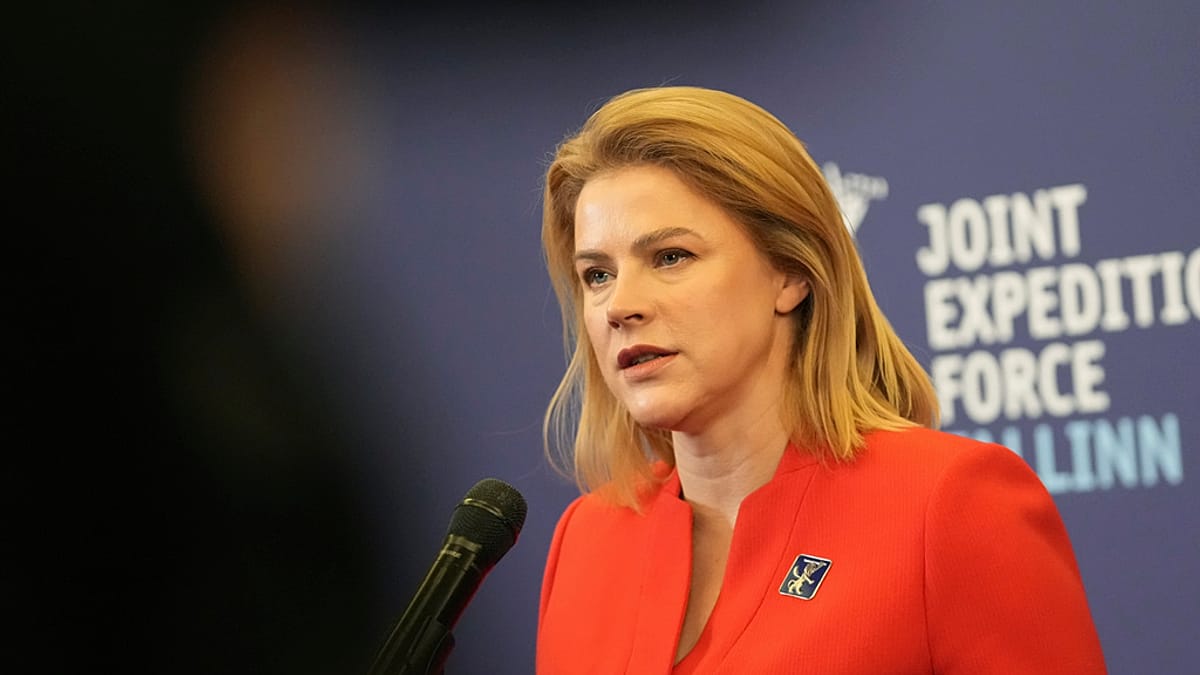Published on 31/10/2025 – 7:10 GMT+1
•Updated
7:26
Following a 13-hour session of heated debate, the Latvian Parliament decided Thursday to withdraw from the Istanbul Convention, a convention designed to help women who are victims of violence.
Thursday’s yes vote, if ratified by President Edgars Rinkevics, would make Latvia the first EU member state to renounce the Istanbul Convention, which the same parliament accepted in November 2024.
A pact that came into force last year, the Council of Europe treaty is meant to standardise support for women who are victims of violence, including domestic abuse.
However, ultra-conservative groups and political parties across Europe have criticised the treaty, arguing that it promotes “gender ideology,” encourages sexual experimentation, and harms children.
Opposition MPs in Latvia started the process of possibly withdrawing from the treaty in September. The Union of Greens and Farmers, an agrarian alliance member of the tripartite ruling coalition that also consists of Prime Minister Evika Siliņa’s centre-right party and a centre-left party, joined them.
Siliņa, whose coalition government came to power in 2023 with a promise to ratify the convention, has criticised the efforts to withdraw from the treaty.
“Those who have been brave enough to seek help are now witnessing their experiences being used for political battles,” Siliņa wrote on social platform X in October. “It is cruel.”
The alliance between opposition and governing lawmakers in support of withdrawal highlights cracks in the governing coalition ahead of the next parliamentary elections, scheduled for the fall of 2026.
“This decision not only endangers women and girls in Latvia, it emboldens anti-human rights movements across Europe and Central Asia and supports authoritarian tendencies of governments moving away from the rule of law, international justice, and democratic values,” Tamar Dekanosidze from international women’s rights organisation Equality Now said in response to the vote.
Although he has expressed his opposition, President Edgars Rinkevics is now required to sign the motion. Rinkevičs has suggested that he might not circumvent a parliamentary ruling.
According to the local media, over 5,000 people demonstrated against withdrawal from the treaty outside the Parliament in Riga on Wednesday evening. On Thursday, about 20 people demonstrated in support of withdrawal.
